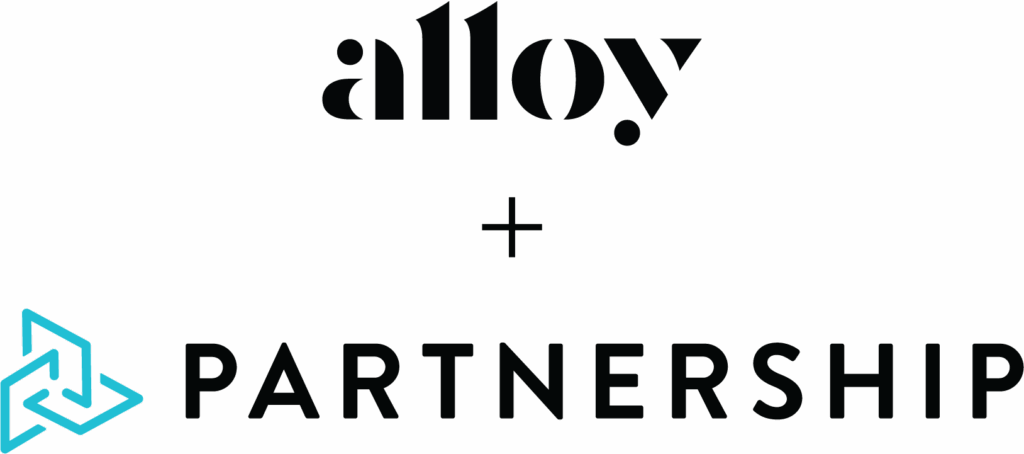In the ever-evolving landscape of web design and development, allowing developers to have autonomy is a catalyst for ideas and progress. The freedom to test, learn and experiment with new technologies, tools and styles creates a playground for creativity. The ability to fail successfully is crucial for growth and progress.
Let’s explore why autonomy is so important in the development workflow and how it can lead to innovative solutions and results for both businesses and developers.
Freedom to Explore
One of the benefits of autonomy in development is the freedom to explore recent technologies and methods. This isn’t just about keeping up with the latest trends—it’s about finding the best tools and practices for each project. Developers can leverage new JavaScript libraries, experiment with animation techniques and integrate AI to enhance user experience (UX). They can also try out responsive design frameworks and the latest in AR/VR capabilities. This freedom allows them to create dynamic final products that not only meet but exceed partner expectations.
Imagine developers as kids in a candy store, each sweet treat representing a different tool or technique. The more they try, the better they can decide which ones are the tastiest—or in this case, the most effective.
Cultivating a Culture of Curiosity
Autonomy encourages a culture of curiosity, where developers can try out new styles, techniques and features without worrying about immediate consequences. This culture is essential for innovation. When developers are free to experiment, they can push the limits and come up with unique solutions. Think of it like cooking without a recipe. Sometimes you end up with a gourmet masterpiece, other times … not so much.
The Role of Learning in Development
Continuous learning is a key part of the development process, and autonomy makes this even better. When developers can learn at their own pace and explore areas they’re interested in, they’re more likely to pick up new skills and knowledge. This self-directed learning approach benefits not only the developers but also the entire team. By staying curious and constantly expanding skill sets, developers can bring fresh ideas and innovative solutions to the table.
Remember those kids in the candy store? Now picture them studying the best candy recipes to create their own unique treats. The result? An ever-growing array of delightful options!
Embracing Failure as the Next Step to Success
Failure is a natural part of development, but with autonomy, it becomes a valuable learning experience rather than a setback. The idea of “failing forward” means that each miss provides insights and lessons that can help in the future. When developers are free to take risks and learn from their mistakes, they gain a deeper understanding of their craft. This approach leads to better problem-solving skills and instills confidence and determination to overcome challenges.
As developers, we’ve all encountered the challenge of investing significant time and effort into a project with a certain process or technology in mind, only to discover that it wasn’t the right solution in the end. This trial-and-error process, while sometimes frustrating, is crucial for growth and innovation. Having the opportunity to consider and iterate through different approaches allows development teams to grow strategically, focusing on long-term improvement and innovation rather than just immediate delivery. This mindset not only enhances individual skills but also fosters a collaborative and resilient team environment where creativity and ingenuity can thrive.
The Benefits of Autonomy
From a business perspective, giving autonomy to development teams has significant advantages. First, it creates a more motivated and engaged workforce. When developers feel trusted and empowered to make decisions, they’re more likely to take ownership of their projects and push the limits. This increased motivation leads to higher productivity and a stronger commitment to delivering high-quality results.
Second, autonomy encourages innovation. By allowing developers the freedom to experiment and explore new ideas, companies can benefit from solutions that set them apart from competitors. Whether it’s unique website functionality, improved user experience, or a more efficient backend system, these innovations drive business growth and success.
What does this look like at The Partnership?
At The Partnership, the impact of autonomy is exemplified by the development of our P360 platform. By giving our development team the freedom to experiment, we created a dynamic, real-time data integration tool that delivers monthly insights and holistic reporting. Our developers had the autonomy to explore and implement the latest technologies, such as advanced data visualization techniques and real-time analytics, making P360 a powerful asset for our partners.
This autonomy allowed our team to create a platform where partners can access real-time metrics and dynamic dashboards, significantly enhancing their ability to make informed decisions. By encouraging our developers to innovate and iterate, we have continually improved P360, ensuring it remains at the cutting edge of data integration and reporting.
Imagine the development team as a bunch of creative geniuses. Give them the space to think and experiment, and they’ll come up with ideas that might just blow your mind (and your competition out of the water).
Autonomy is key to the development workflow. It empowers developers to explore, experiment, learn and innovate, leading to amazing results. By embracing the freedom to test new technologies and styles and valuing the lessons learned from failure, businesses can foster a culture of creativity and continuous improvement. This approach not only enhances the development process but also contributes to the overall success and competitiveness of the organization.


